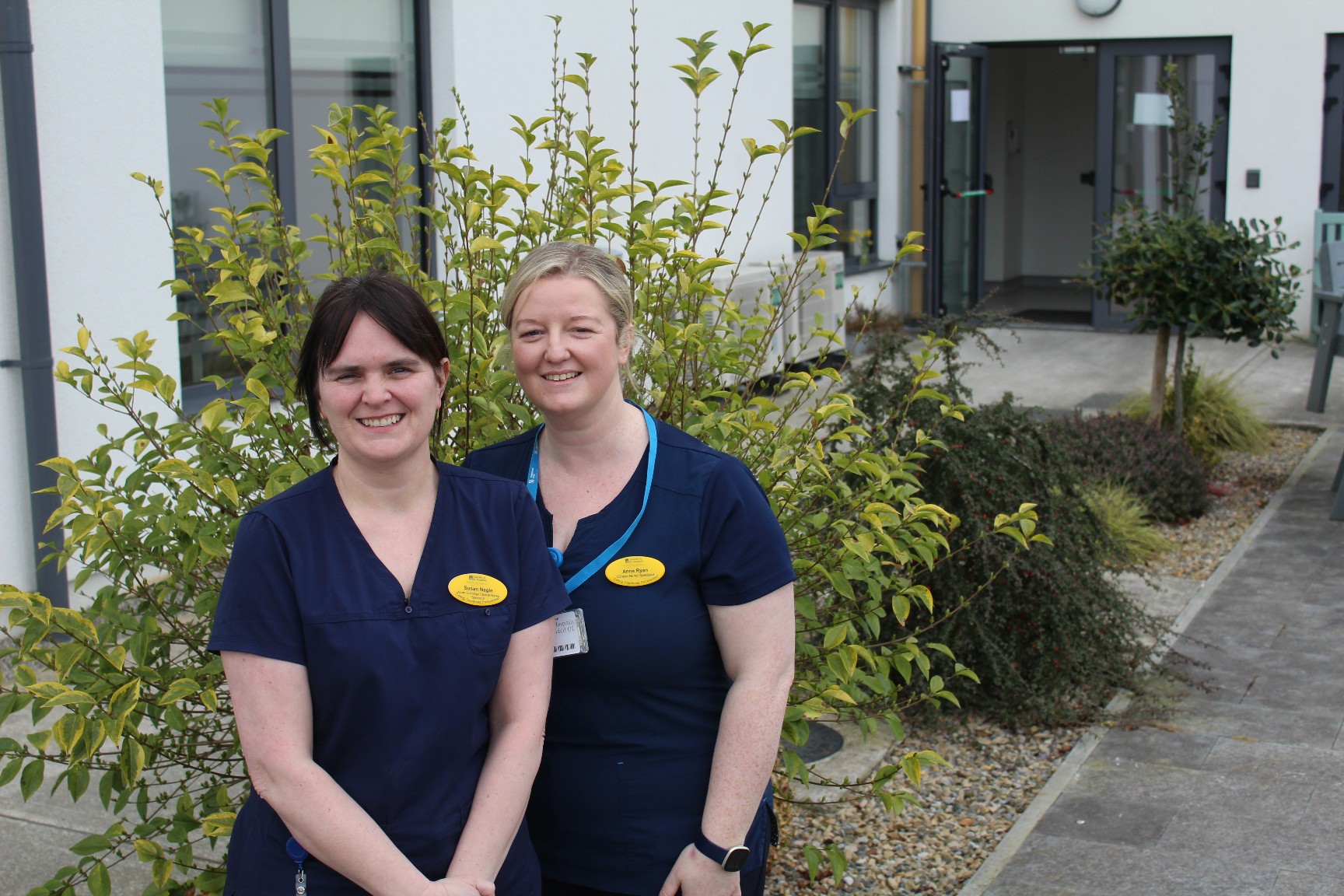Cancer patients’ attendance at ED in UHL reduced due to new Acute Oncology Nursing Service

In response to the Covid-19 pandemic, the HSE National Cancer Control Programme (NCCP) funded 26 Acute Oncology Nurses in hospitals nationwide. Patients undergoing active cancer treatment who become ill at home can contact the Acute Oncology Nurses via a dedicated phone service instead of ending up in the Emergency Department. This programme of work is supported by the Department of Health Cancer Policy Unit.
The specialist nurses assess the patient’s symptoms using an evidence-based tool and advise on the most appropriate care and management required.
A national audit of the December 2022 calls (1,383) received by Acute Oncology Nurses during the 8am to 4 pm service showed that 84% of patients with cancer who contacted the service did not require Emergency Department attendance or admission.
Of the patients who required further assessment in hospital, where possible, they were seen in the medical assessment unit or oncology day ward. In some instances, where clinically appropriate following assessment by the Acute Oncology Nurse, some patients had to attend the Emergency Department because of the seriousness of their symptoms.
At University Hospital Limerick, this service is available during working hours for both oncology and haematology patients who become unwell due to their diagnosis or due to their treatment. It is lead locally by clinical nurse specialists Anne Ryan and Susan Nagle.
Since May 2022, the Limerick team has managed approximately 2,000 calls from unwell patients attending the haematology and oncology services in UHL. While as many patients as possible will be kept at home through self-care or with community support, the Acute Oncology Nurses, together with the medical team, may deem it necessary for patients to come in for review. A designated unscheduled room has been available in the Haematology/Oncology Day Ward since November 2022 to review these patients and to identify those who require admission. Up to five patients can be accommodated in the unscheduled room at any one time.
Acute Oncology CNS, Anne Ryan, UHL, said: “A huge improvement for patients is that they have a designated phone number and they are no longer ringing around departments or leaving voicemails. They know now that they will get a prompt call back and they will get a quick decision on whether they need to come in. We have access to the teams. We can get prescriptions out straightaway for painkillers. We can get patients in to the GP or we can get a community team out to them to do a set of bloods. We can get pharmacy or home care involved. We can do all of these things to minimise the requirement or the length of time patients spend in hospital and in the ED.
Acute Oncology CNS Susan Nagle, UHL, said: “A huge part of our work is working with our colleagues in the community and keeping patients at home. But there will always be a certain number of patients who do need to come in and get reviewed in person. Since November we have been able to reduce the number of patients coming through ED by giving them appointments in the designated room on the Day Ward. It has been a great addition to the service. The patients ring us regularly. They know our voices and are reassured. The whole point is to keep people well enough at home so they don’t have to come in but also to identify those who still need to come in.”
Terry Hanan, National Clinical Lead for Cancer Nursing, HSE National Cancer Control Programme (NCCP) said: ‘’During recent pressures in Emergency Departments, the NCCP nursing team received feedback from services highlighting the valuable impact that the Acute Oncology Nursing Service has made. This service ensures that vulnerable cancer patients are assessed, and where possible, avoid ED attendance.’
“The service is currently available from 8am to 4pm, Monday to Friday. We also link in with community services such as Community Intervention Teams (CITs), GPs and public health nurses to provide additional support to patients where required. Our aim is to build resilience to expand this service further, beyond Covid, so that more patients being treated for cancer can avail of the service ’’ Terry added.
Patient, Joan Lube from Newbridge, Co Kildare who attended the service at Tallaght University Hospital said: “I needed to contact the triage service on 2 or 3 occasions since commencing my cancer treatment, and I have always been amazed by the direct access to the team first and foremost, and the prompt response to any issues or concerns that I had. I knew I was not alone during treatment and I could always ask for help and advice. Receiving a phone call has been so reassuring and has made my cancer journey much easier.’’

